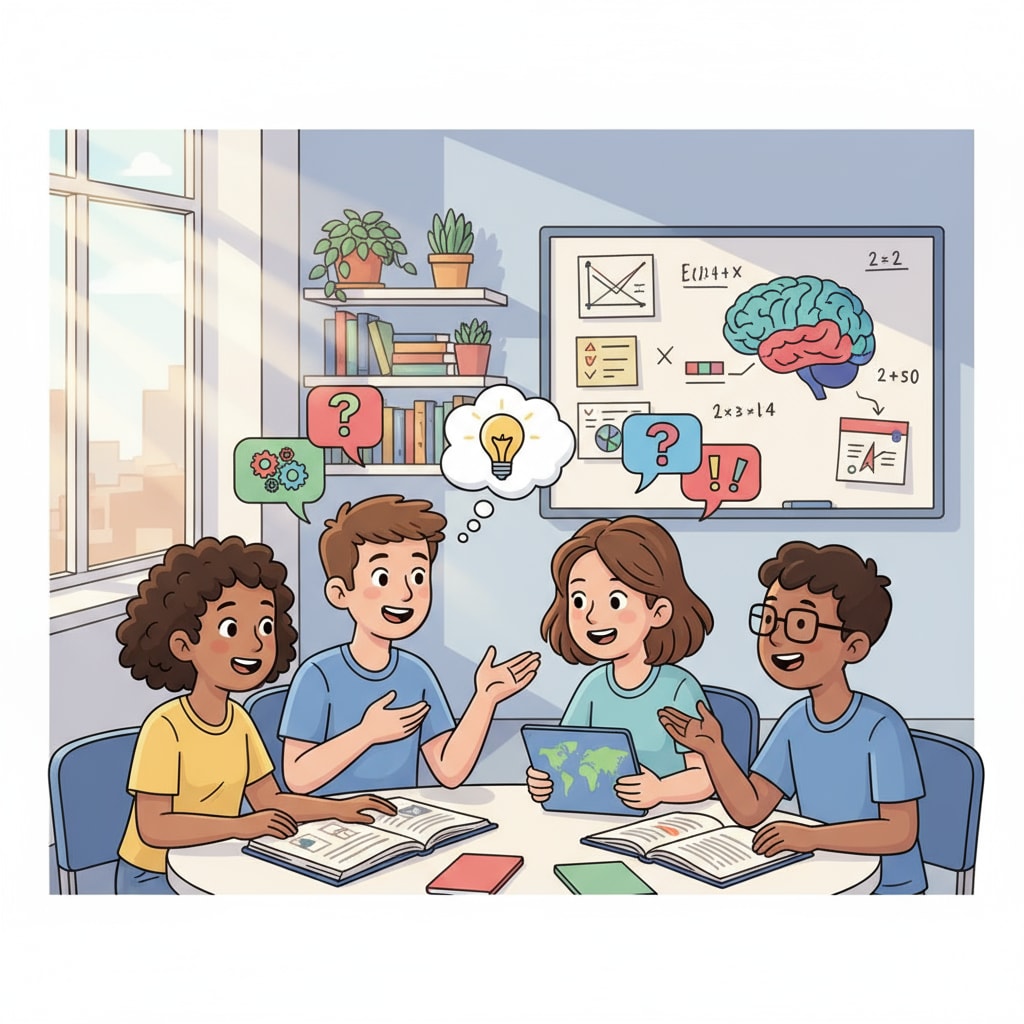Communication skills, dialogue, and listening are the cornerstones of effective interaction, especially in the K12 education phase. In this article, we will explore how to develop a deeper understanding of these aspects and enhance them through self-education.

The Essence of Communication Skills in K12
Communication skills in K12 education go beyond mere talking. It involves the ability to convey thoughts clearly, understand others’ perspectives, and build relationships. According to Education.com, good communication skills help students express their ideas in class, participate in group discussions, and make friends. For example, a student with strong communication skills can explain a complex math concept to a peer easily, promoting better learning for both.

The Power of Dialogue
Dialogue is a key component of communication. In K12, it encourages students to share their views and learn from each other. A meaningful dialogue requires respect for different opinions. Teachers can create an environment where students feel safe to express themselves. As TeachThought suggests, activities like debates and group projects can foster dialogue. Through dialogue, students develop critical thinking and problem-solving skills.
Listening is often overlooked but is vital. It means not just hearing words but understanding the emotions and intentions behind them. In a classroom, when a student listens carefully to a teacher or a classmate, they can absorb information better. By improving listening skills, students can avoid misunderstandings and build stronger connections. For instance, when listening to a story in language arts class, an attentive listener can grasp the plot and themes more effectively.
Readability guidance: In this article, we’ve explored the importance of communication skills, dialogue, and listening in K12 education. By focusing on these aspects, students can enhance their overall development and be better prepared for the future. Using short paragraphs and clear explanations, we’ve aimed to make these concepts accessible. We’ve also incorporated external resources to provide more in-depth knowledge.


